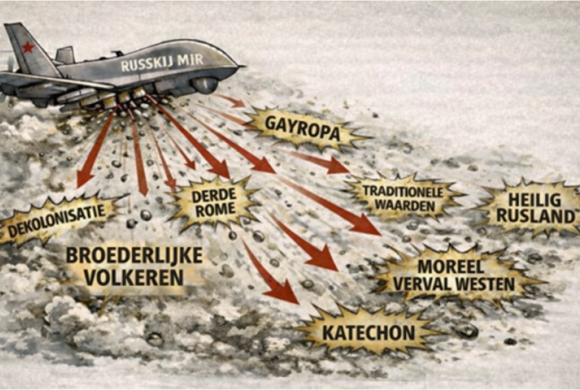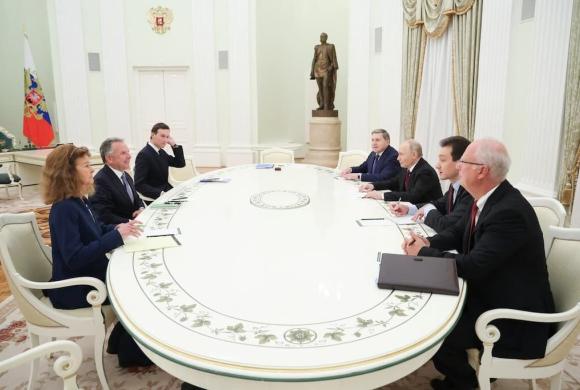Preventing the (Un)thinkable
Escalation Scenarios and Risk Reduction Measures for Russia and NATO following the War in Ukraine
The spectre of war with Russia looms large in the imagination of European and American policymakers in 2022. The Russian invasion of Ukraine in 2022 has reawakened thinking in terms of risks and ‘escalation’. Since both Russia and NATO-states US, UK and France have nuclear arsenals, the nuclear threat has also returned to the forefront.
Clearly, Putin’s Russia is engaging in brinkmanship and one-sided escalation of the conflict in Ukraine, and thus the risk of escalation must therefore be taken seriously. Keeping citizens and territory safe is the task of NATO and its member-state governments. At the same time, European and American accommodation and acceptance of Russian aggression and threats are a recipe for further escalation from the Russian side and a problematic international precedent to set. Thus, NATO as a whole, and NATO-states individually, must keep a balanced position: do not cave to unacceptable threats, as accommodation is a recipe for further escalation from the Russian side.
This snapshot by assistant analyst Daan Sanders, director of research Tim Sweijs and strategic analyst Paul van Hooft raises the question, which pathways of intentional or unintentional escalation exist between Russia and NATO as a consequence of the war in Ukraine? By “thinking about the unthinkable” through the exploration of six escalation scenarios, the snapshot identifies preventative policies to avoid escalation to major war, potentially even with nuclear arms.
Read the full publication here.

The Hague Centre for Strategic Studies
HCSS conducts research and provides advice on geopolitical and defence & security issues to governments, international institutions and businesses. Our research is characterized by a datadriven, multidisciplinary approach, specialist knowledge and a strategic orientation. We combine broad, conceptual knowledge with qualitative and quantitative methods and present our findings in the form of recommendations, strategic explorations and scenario analyses


